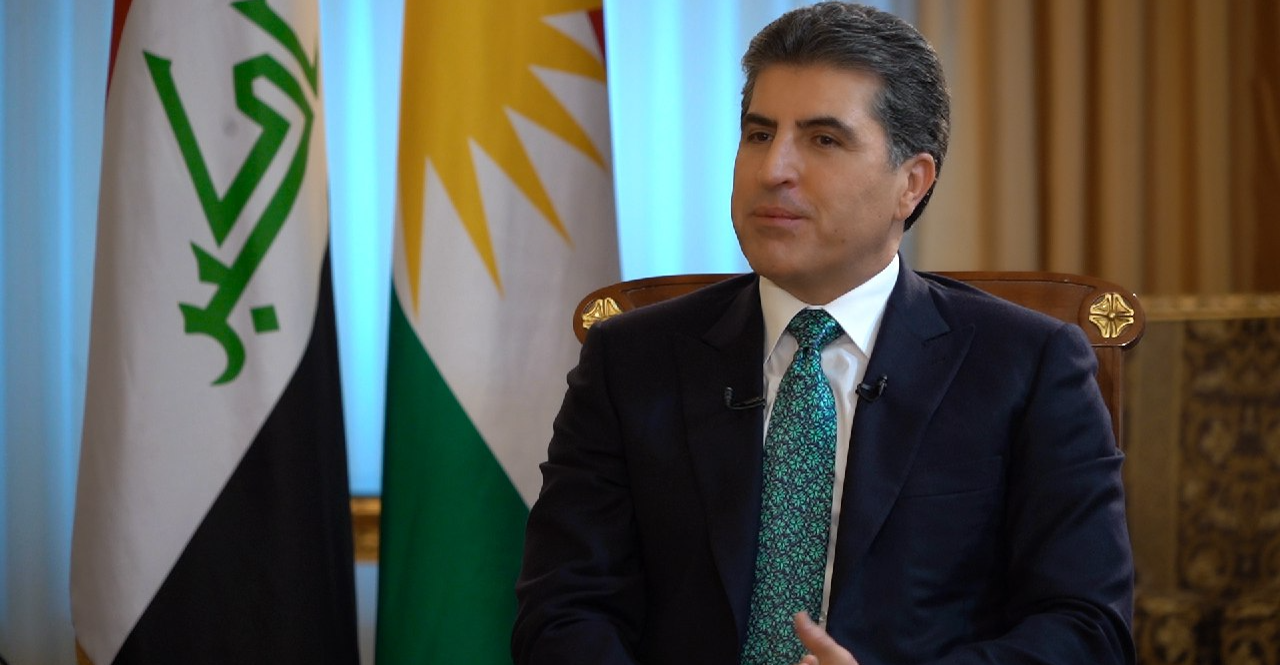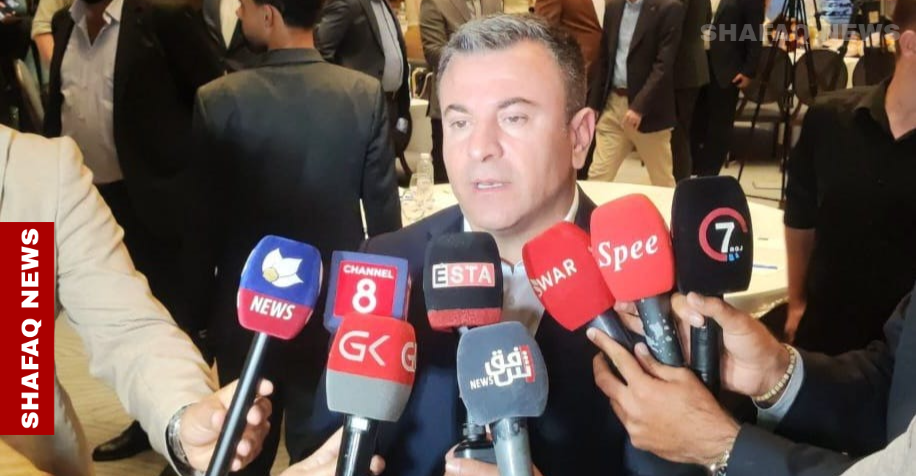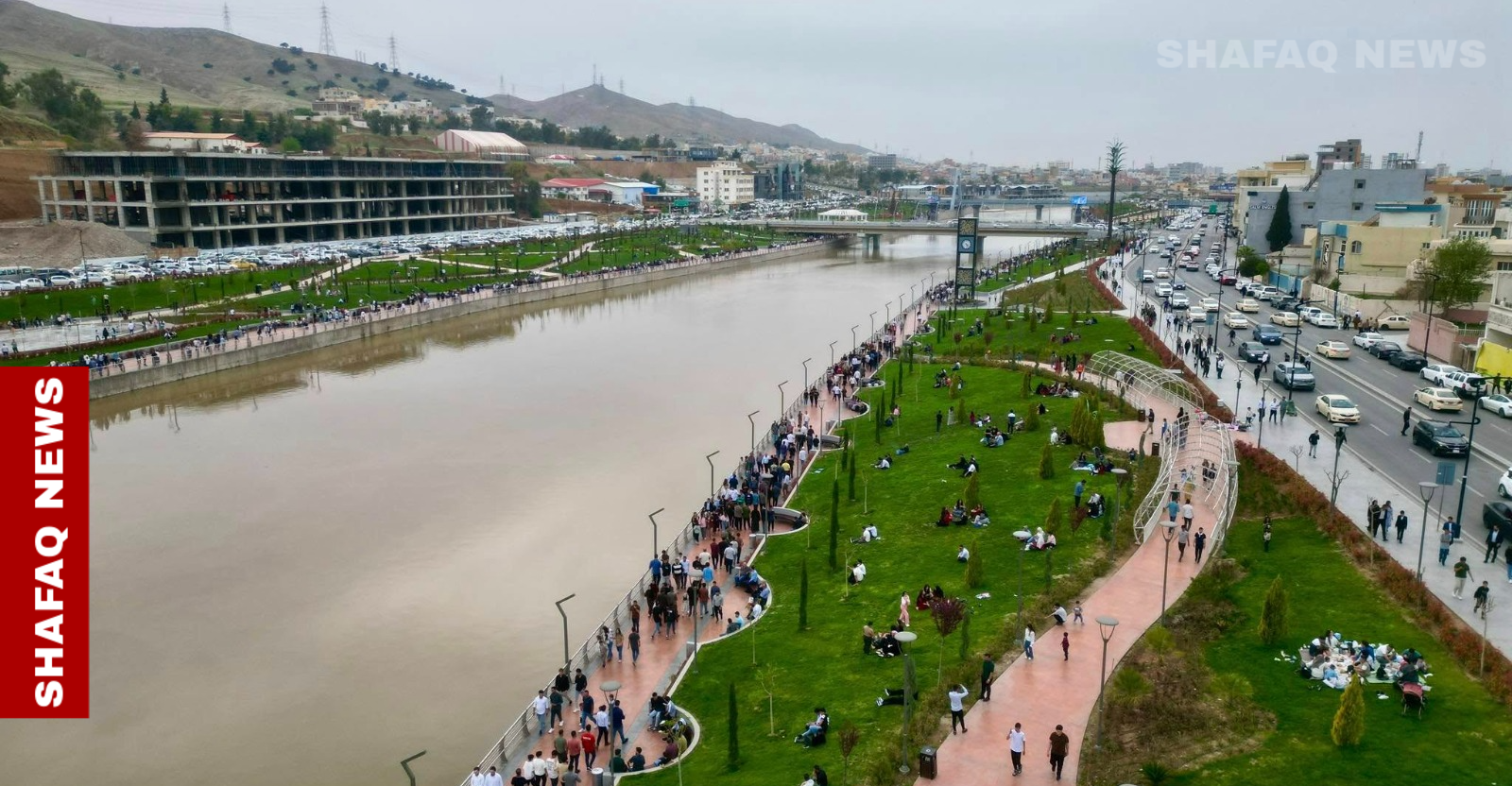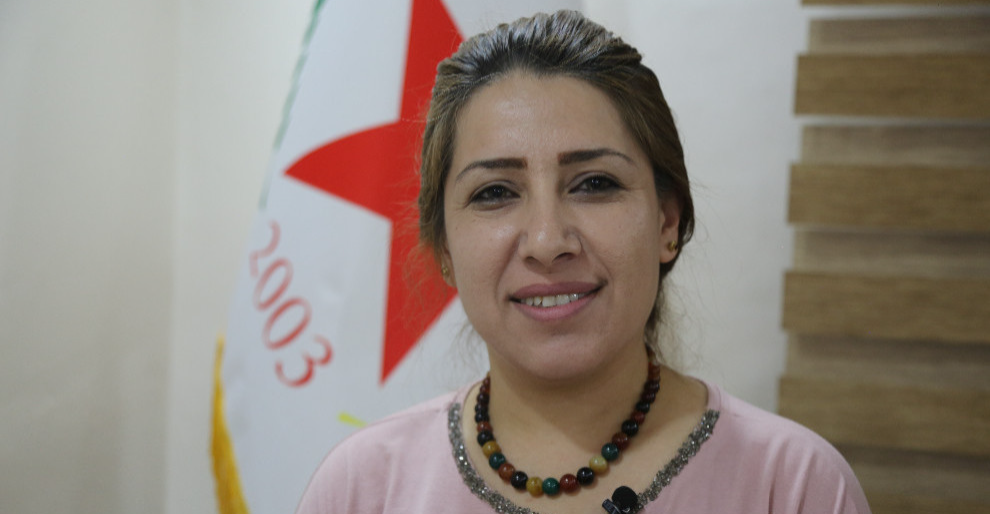From his prison cell: PKK leader continues negotiations to end the conflict with Turkiye
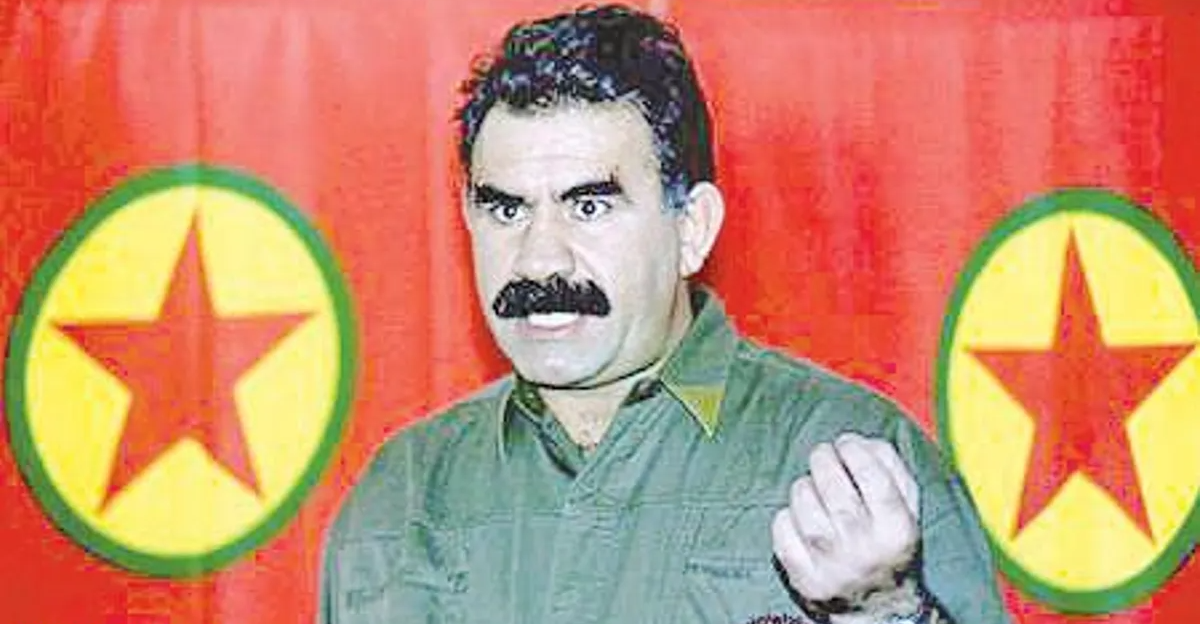
Shafaq News / Two lawmakers from Turkey's pro-Kurdish Peoples' DemocraticParty (HDP) visited Abdullah Öcalan, the jailed leader of the KurdistanWorkers' Party (PKK), on Imrali Island on Wednesday.
The meeting, marking the second visit since December 28, 2024, comes amidÖcalan's ongoing involvement in peace negotiations initiated by Ankara. Thelawmakers stated in a joint statement, "Öcalan is in ongoing negotiations,and once the preparations are completed, necessary statements will bemade," adding, "This process will allow everyone, includingourselves, to live together in freedom."
Öcalan, who has been imprisoned since 1999, continues to exert significantinfluence on Kurdish political dynamics. His engagement with Turkish politicalleaders and the HDP signals a potential shift toward resolving the longstandingKurdish issue through dialogue. Following a December meeting, Öcalan emphasized his commitment to the peaceinitiative, declaring, "I have the capability and will to make thenecessary positive contribution to Erdogan and Bahceli's call for dialogue, asthis is an era of peace, democracy, and brotherhood for Turkey and theregion."
Turkish President Recep Tayyip Erdo?an has welcomed the "significantprogress" in the dialogue with the PKK, highlighting the potential forpeace as Turkiye works to address internal tensions and regional instability.
The conflict between Turkiye and the PKK, which began in the early 1980s,has caused deep divisions. The PKK, founded by Abdullah Öcalan, initiallysought an independent Kurdish state within Turkiye, leading to decades ofviolence. Throughout the 1980s and 1990s, the PKK engaged in guerrilla warfare,while the Turkish military launched large-scale operations, especially insoutheastern Turkiye and northern Iraq.
Despite attempts at peace, including a ceasefire and negotiations in the early2000s and a significant peace process in 2013, tensions resurfaced after theprocess collapsed in 2015. The Turkish government has labeled the PKK aterrorist organization, and Öcalan’s calls for Kurdish autonomy remain at oddswith Ankara's vision of national unity. Achieving lasting peace will requireaddressing these longstanding divides.

